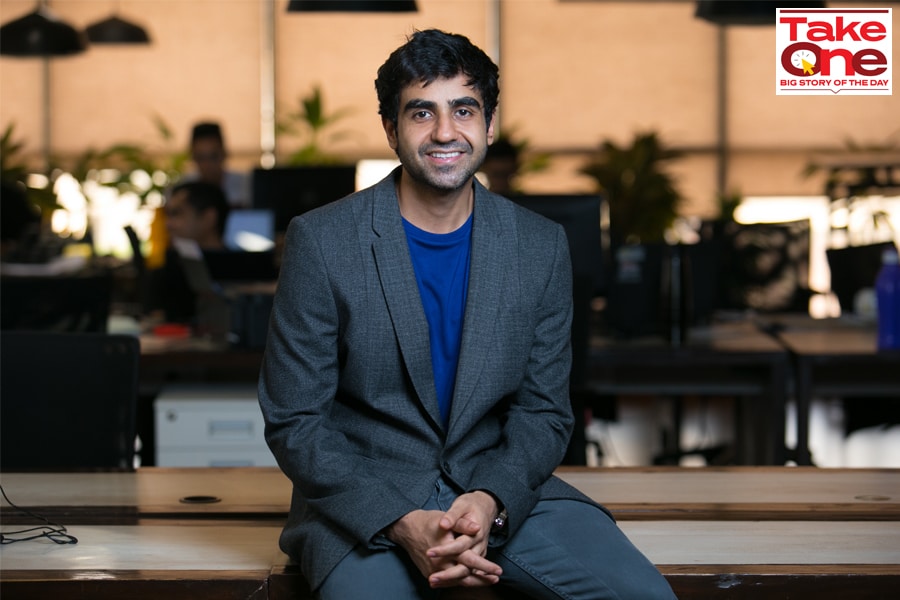
Competing with each other about who has more in the bank is becoming less cool today: Nikhil Kamath
The Zerodha co-founder talks about his initiative to encourage philanthropy among youngsters, and the shift in the way the wealthy have been thinking about giving back to society
 Nikhil Kamath, co-founder of Zerodha
Nikhil Kamath, co-founder of Zerodha
Nikhil Kamath, co-founder of Zerodha, India’s biggest stock brokerage company in terms of volume of trade, has launched the Young India Philanthropic Pledge (YIPP), where signatories, all under 45 years of age, will pledge 25 percent of their wealth with a minimum spend of Rs1 crore per year.
Kamath, 35, is the youngest philanthropist on the Edelgive Hurun India Philanthropy List 2021, where he debuted with his 42-year-old brother, Zerodha co-founder and CEO Nithin [also a signatory to the YIPP], with a donation of Rs25 crore. The brothers, who recently pledged a quarter of their personal wealth to philanthropy, have plans to give back Rs750 crore over the next three years.
Members and advisors of the YIPP include Sujeet Kumar, co-founder of B2B unicorn Udaan, venture capitalist Prashanth Prakash of Accel, Hari Menon, who leads the India office of the Bill & Melinda Gates Foundation, and Amitabh Shah, founder of non-profit Yuva Unstoppable.
While Prakash believes that founders of startup unicorns can make a big impact by joining forces to solve urgent social issues, Kumar of Udaan says the first step is to believe something requires your attention. “With an impressive cohort like YIPP, I am confident that we will make an impact collectively like we have in our areas of expertise,” he says.
Kamath, who also leads asset management company True Beacon, says it is important to encourage people of means to start giving much earlier in life. “We thought let us bring people together as a group, start this initiative and try to pick really impactful projects that we will not only fund, but also run with our experience and expertise,” he says, about the idea behind the YIPP. Edited excerpts:








